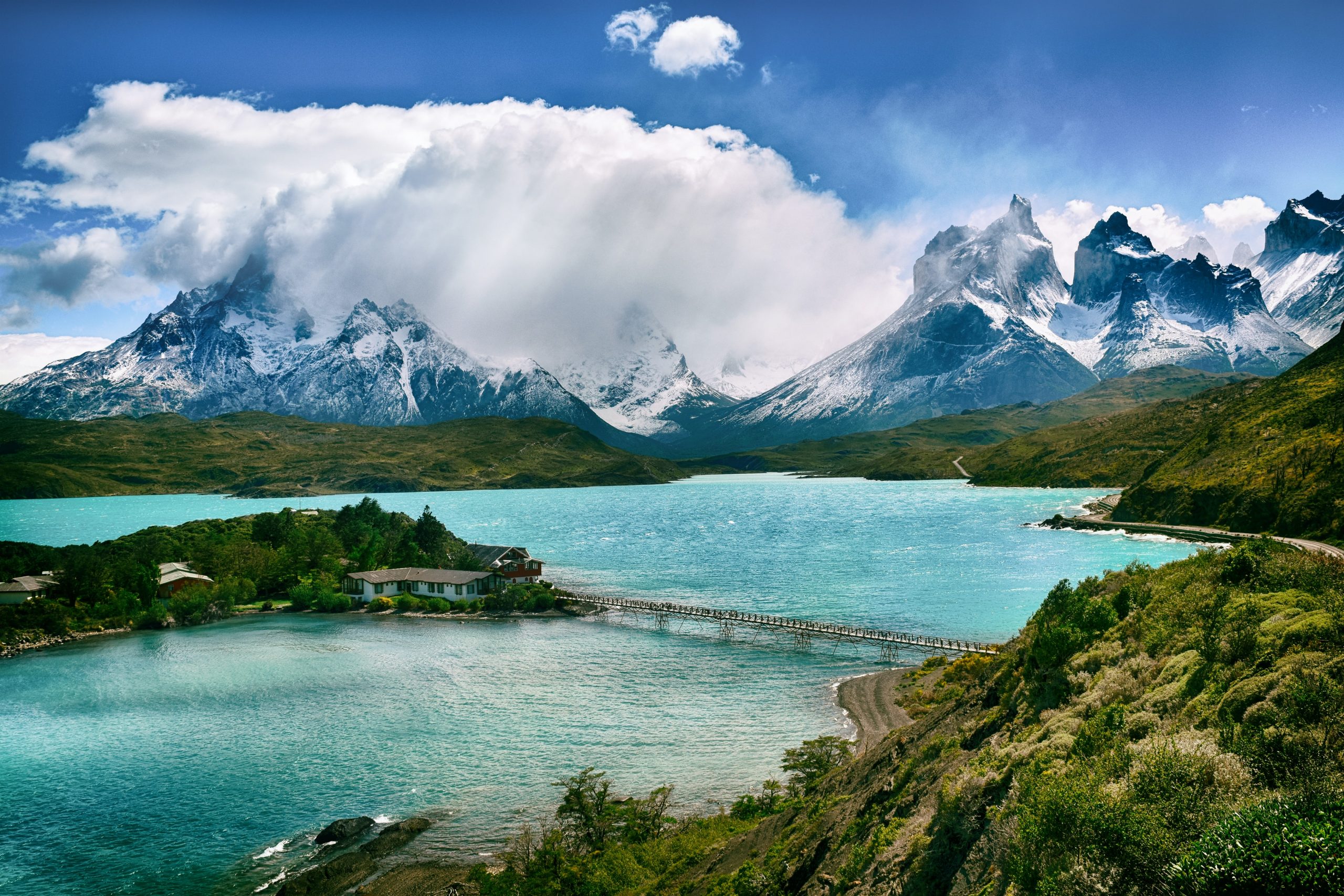Press Release: CDER participated in the launch of Rights of Nature in Chile book, and will provide key legal inputs to the Constitutional Convention
Press Release – English/Español
February 16, 2022
Contact:
Hugo Echeverría, Attorney, echejur@yahoo.ca
Mari Margil, Executive Director, mmargil@centerforenvironmentalrights.org
Chile is in a historic moment of constitutional transformation: By citizen decision, a Constitutional Convention has been installed to draft and approve the proposal for a new Constitution. The Convention has a specific Commission to address the rights of nature.
Aiming at contributing to the constitutional debate, the Chilean non-governmental organization FIMA organized an event to present the book Rights of Nature in Chile, written by Javiera Barandiarán, Associate Professor of the Department of Global Studies at the University of California, Santa Barbara; and FIMA attorneys, Victoria Belemmi, Gabriel Burdiles and Ezio Costa. The book provides an analysis of the different models of application of the rights of nature and their possible incorporation in the new Chilean Constitution.
The Center for Democratic and Environmental Rights (CDER) was invited to participate in the event, to share the Ecuadorian experience in constitutionalizing the rights of nature. Hugo Echeverría, CDER’s attorney in Ecuador, highlighted the importance of their recognition as constitutional rights. He referred to recent cases in which these new rights have been effectively enforced, applying higher standards that ensure respect of nature. Alberto Acosta, former president of the Ecuadorian Constitutional Assembly of 2008 (like the Chilean Constitutional Convention), also participated in the event.
The event was held online and can be viewed at this link.
In 2007-2008, the founders of CDER participated in the Ecuadorian Constitutional Assembly; and, since then, they have engaged in the process of enforcing and implementing the rights of nature in Ecuador. Given that the Chilean legal system is similar to Ecuador’s, CDER is also following the Chilean constitutional process. CDER is working on a document that calls for the recognition of the rights of nature in the new Chilean Constitution, which will be formally submitted to the Constitutional Convention in the coming weeks.
CDER works on the rights of nature in countries around the world, and its founders were involved in the development of Ecuador’s constitutional provisions on the rights of nature.
Chile: Los Derechos de la Naturaleza se Analizan en la Convención Constitucional
El CDER participó en lanzamiento de libro Derechos de la Naturaleza en Chile; y aportará insumos jurídicos clave a la Convención Constitucional
Chile se encuentra en un momento histórico de renovación constitucional. En este marco; y, por decisión ciudadana, se ha instalado una Convención Constitucional para redactar y aprobar la propuesta de una nueva constitución de la República. La Convención cuenta con una comisión específica, que analiza los derechos de la naturaleza.
En este contexto, la organización no gubernamental chilena FIMA, organizó un evento de lanzamiento del libro Derechos de la Naturaleza en Chile, escrito por Javiera Barandiarán, Profesora Asociada del Departamento de Estudios Globales en la Universidad de California, Santa Bárbara; y los abogados de FIMA, Victoria Belemmi, Gabriel Burdiles y Ezio Costa. La obra presenta un análisis de los diversos modelos de aplicación de los derechos de la naturaleza y su posible incorporación en la nueva Constitución chilena.
El Centro para los Derechos Democráticos y Ambientales (CDER) fue invitado a participar en el evento, para compartir la experiencia ecuatoriana en la constitucionalización de los derechos de la naturaleza. Hugo Echeverría, abogado externo del CDER en Ecuador destacó la importancia de que los derechos de la naturaleza hayan sido reconocidos como derechos constitucionales; y, se refirió a casos recientes en los que estos derechos han sido efectivamente aplicados y que demuestran el efecto jurídico de aplicar altos estándares con la finalizar de garantizar el respeto a la naturaleza. En el evento también participó Alberto Acosta, ex presidente de la Asamblea Constituyente ecuatoriana del 2008 (similar a la Convención Constitucional chilena) que incorporó los derechos de la naturaleza a la Constitución ecuatoriana.
El evento fue realizado en línea y puede mirarse en este enlace.
En 2007-2008, los fundadores del CDER aportaron insumos al proceso constituyente ecuatoriano; y, desde entonces, ha participado en el cumplimiento y aplicación de los derechos de la naturaleza en Ecuador. Debido a que el sistema jurídico chileno es similar al ecuatoriano, el CDER también está siguiendo con atención el proceso constituyente chileno. Al momento, está trabajando en un documento que aboga por el reconocimiento de los derechos de la naturaleza en la nueva Constitución chilena y que será formalmente presentado a la Convención Constitucional en las próximas semanas.
El Centro para los Derechos Democráticos y Ambientales se asocia con comunidades, pueblos indígenas, gobiernos y personas de todo el mundo para asegurar los derechos democráticos y los derechos de la naturaleza por ley, incluso en Filipinas, Australia, Ecuador, Suecia y los Estados Unidos.
###
See the press release on the CDER website.
Photo credit: Torres Del Paine National Park by Olg Stalska on Unsplash.

